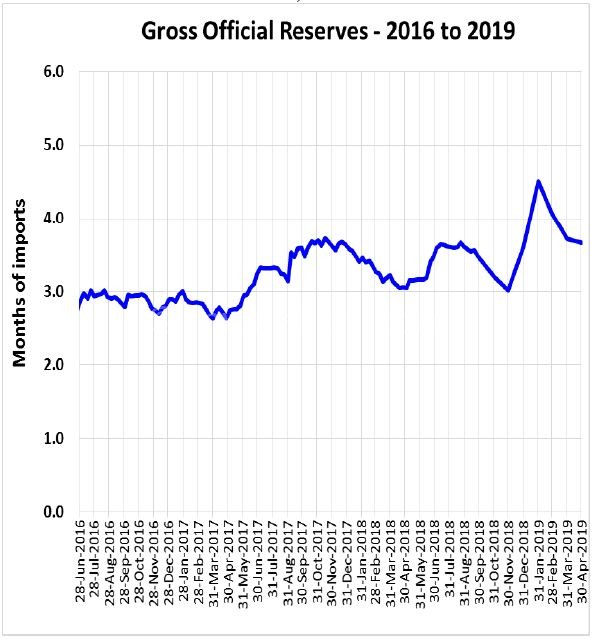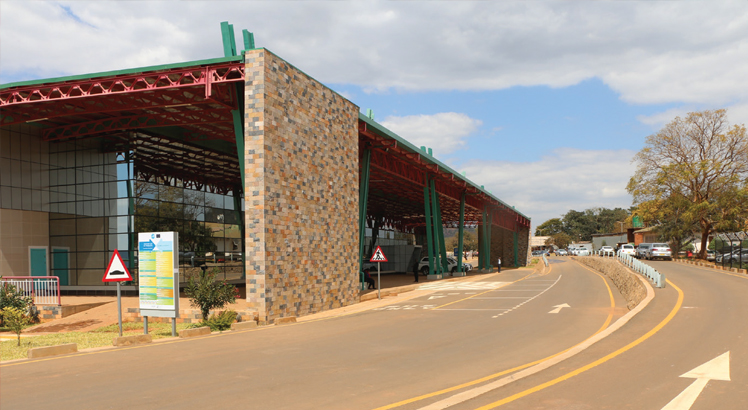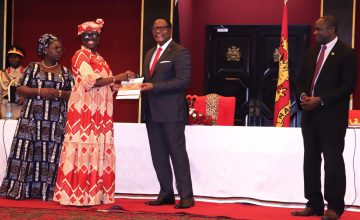As kwacha softens, forex reserves rise
The country’s balance of payments (BoP) as measured by the change in net official reserves registered a surplus in the first quarter (January to March) of 2019, the Reserve Bank of Malawi (RBM) has said.
RBM Financial and Economic Review Report shows foreign exchange reserves rose to $760.1 million (about K560.9 billion) at the end of first quarter of 2019 from $750.1 million (about K553.5 billion) at the end of the previous quarter (October to December 2018).

BoP, also known as balance of international payments, is the record of all economic transactions between the residents of the country and the rest of the world in a particular period.
The report indicates reserves were higher than $663.2 million (about K489.4 billion) recorded in 2018 first quarter.
The figures, according to the central bank, mean that prospective months of import coverage remained at 3.6 months, the same as in the previous quarter.
However, inflows of foreign exchange registered a decline to $409.7 million (about K302.6 bilion) in the quarter under review compared to $459.3 million (K339.6 billion) in the previous quarter.
The bank attributed the decline in inflows to the relatively lower purchases, reflective of the foreign exchange lean period.
For the country’s economy to remain healthy and resilient in terms of BoP, it needs at least three months of import cover; hence, the surplus is good news, according to an economist.
However, the rise in forex comes at a time the kwacha has continued to soften particularly against the dollar and pound sterling.
RBM spokesperson Mbane Ngwira explained that the kwacha has softened because before the May 21 Tripartite Elections, most traders frontloaded their payments, which pushed the exchange rates, and the trend has continued.
“Going forward, demand [for forex] will be lower and with tobacco marketing in progress, the kwacha will be back to stability,” he said.
University of Malaw’s Chancellor College economics professor Ben Kaluwa on Friday said a healthy foreign exchange reserves position is good for the country.
He, however, called for diversification of export base to sustain the foreign reserves status.
Said Kaluwa: “Intra industry trade is most important and fast growing type of trade globally, but sadly Malawi continues to work in isolation and waging trade wars against its neighbours just like it is happening currently in Europe.
“We had the Malawi, Mozambique, Tanzania and Zambia accord in the southern African region where Malawi was supposed to be exporting products, but that is now history,” he said.
Economists agree that a three-month import cover is ideal to ensure sustained imports of critical goods such as fuel and medical supplies.





